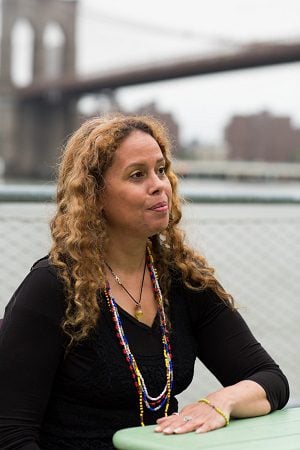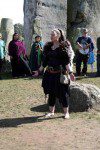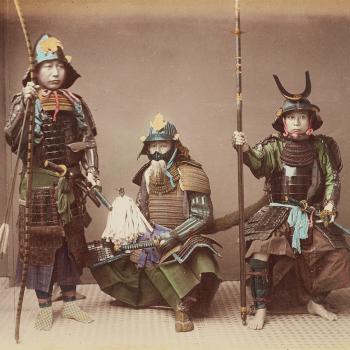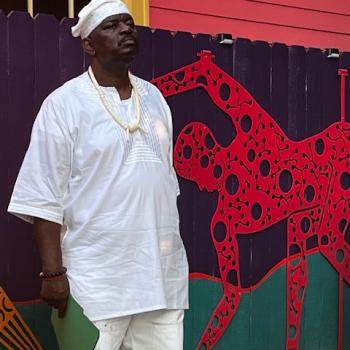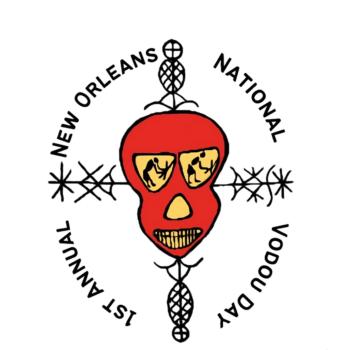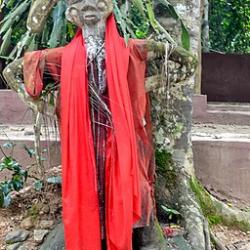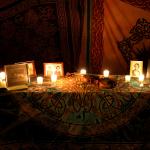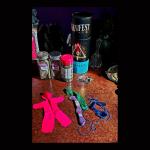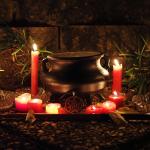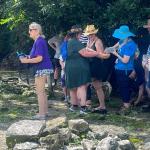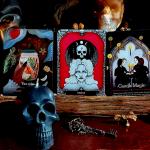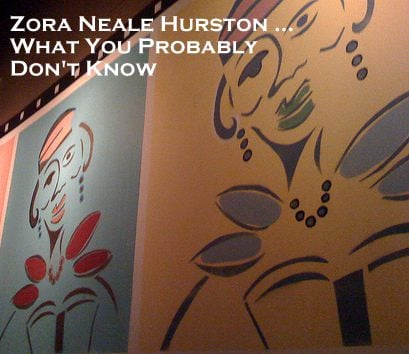
For the past twenty years Zora Neale Hurston has been honored as a pioneer of literary genius and folklore. Before this time very few people had any idea who she was. This powerful woman with “Spunk” was buried in an unmarked grave, with much of her work lost or locked away. Kudos to author Alice Walker for the work and the journey to find this treasure…. You can hear her speak about this at her lecture to the Barnard Center for Research on Women .
Hurtson’s work is on many reading lists for kids and adults alike. She has finally taken her rightful place as one of the foremothers of African-American literature. She was born the child of two former slaves in 1891, and despite many trials and tribulations she showed us all you can’t keep a good woman down. Zora is known for her books, her poems, her quotes, but there is a lot people don’t know.
Plagirism and Segregation
Hurston criticized the Brown vs. Board of Education decision to reverse segregation, and received serious criticism for that. In many ways when you look back at her life and work Hurston was on the fringes. One of the few women to grace the ranks of the elite in the Harlem renaissance, the self-proclaimed “Niggeratti,” she always stood out, even if that meant she stood alone.
“Thems my sentiments and I am sticking by them. Growth from within. Ethical and cultural desegregation. It is a contradiction in terms to scream race pride and equality while at the same time spurning Negro teachers and self association. That old white mare business can go racking on down the road for all I care.”
ZORA NEALE HURSTON – from her letter to the editor of the Orlando Sentinel, August 1955
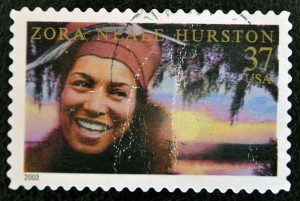
These strong sentiments resonate particularly well today, when racial and political unrest continues to define what it means to be a person of color. Zora Neale Hurston also pushed the definition of what it means to be a scholar.
Hurston was the first African-American women to be trained as an anthropologist, under the famed “Father” of the discipline Franz Boas. Her work while studying at Barnard revolved around African-American themes and subjects. Robert E. Hemenway, in his Zora Neale Hurston-A Literary Biography, talks about Hurston’s infamous essay about Cudjo Lewis. Cudjo Lewis, was born Oluale Kossola, in the kingdom of Dahomey. He was thought to be the last survivor of the final ship of slaves to come to the United States. He says Hurston’s essay about Kossola “is 25 percent original research and the rest shameless plagiarism.” At the time of this realization Hurston’s questionable lack of sources, or attribution of material, caused a bit of a stir. History however has settled, for lack of a better word, on a more loose definition of proper scholarship in this case. This is similar to the plagiarism accusations leveled at Martin Luther King jr, which have also been downplayed over the years. Another interesting thing that gets downplayed about Hurston was her religion.
Voodoo, She Do
Zora Neale Hurston wrote two anthropological works about Voodoo, Vodou and Hoodoo. Her book Tell My Horse: Voodoo and Life in Haiti and Jamaica is a must read for anyone interested in learning more about this ancient and powerful religion. In it she writes of her own journeys and initiations into Haitian Vodou and other rites. Hurston helps us to separate the real from the facade, and uncovers a world still yet unknown to most. Icon and iconoclast, foremother, literary genius, and inspiration, I challenge you all to explore your own edges and boundaries as we move forward in these challenging times. If you wish to learn more about Zora Neale Hurston each year her hometown of Eatonville, Florida hosts the Zora! Neale Hurston Festival, and you can find some of her inspiration in my post Foremama Said- Wit and Wisdom of Zora Neale Hurston. Many Blessings to you on your journeys and if you like what you have read please remember to like, comment and share !


